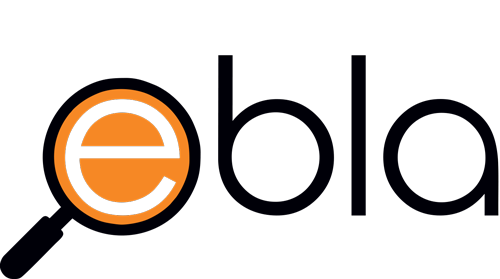In today’s rapidly evolving job market, candidates are constantly seeking innovative ways to gain a competitive edge in the interview process. One such strategy that has gained significant traction in recent years is leveraging artificial intelligence (AI) tools to enhance job interview preparation. From refining CVs to practicing interview questions, AI-powered platforms offer a range of features designed to help candidates showcase their skills and abilities effectively. In this article, we’ll explore how AI can be used to prepare for job interviews and provide a comprehensive guide to leveraging these tools for success.
Understanding AI in Job Interview Preparation
Artificial intelligence refers to the simulation of human intelligence processes by machines, particularly computer systems. In the context of job interview preparation, AI-powered platforms utilize algorithms and machine learning techniques to analyze data, provide personalized feedback, and simulate interview scenarios. These tools can help candidates identify areas for improvement, refine their communication skills, and increase their confidence levels ahead of the interview.
Top AI Tools for Job Interview Preparation
- AI-Powered Resume Builders: AI-driven resume builders can help candidates create polished and professional CVs tailored to specific job descriptions. These tools analyze job postings and industry trends to provide tailored suggestions for resume content, formatting, and keywords. By optimizing their resumes with AI, candidates can increase their chances of getting noticed by employers and securing interviews.
- Interview Practice Platforms: AI-powered interview practice platforms use natural language processing (NLP) algorithms to simulate real-life interview scenarios. These platforms provide candidates with a range of interview questions based on their industry, experience level, and job role. Candidates can record their responses, and AI algorithms analyze their performance, providing feedback on areas such as clarity, conciseness, and confidence.
- Mock Interview Chatbots: Mock interview chatbots leverage AI to simulate interview conversations and provide instant feedback to candidates. These chatbots use NLP algorithms to understand and respond to candidates’ answers, helping them practice their interview skills in a realistic and interactive environment. Candidates can receive personalized feedback on their responses, along with tips for improvement.
- Video Analysis Tools: AI-powered video analysis tools analyze candidates’ non-verbal communication cues during mock interviews. These tools assess factors such as eye contact, facial expressions, and body language, providing insights into candidates’ presentation skills and confidence levels. By identifying areas for improvement, candidates can refine their non-verbal communication skills and make a positive impression during interviews.
- Job Search and Matching Platforms: AI-driven job search and matching platforms use machine learning algorithms to match candidates with relevant job opportunities based on their skills, experience, and preferences. These platforms analyze candidates’ profiles and job postings to identify suitable matches, helping candidates streamline their job search process and focus on opportunities that align with their career goals.
Strategies for Leveraging AI for Job Interview Preparation
- Start Early: Begin using AI-powered interview preparation tools well in advance of your scheduled interviews. This will give you ample time to familiarize yourself with the platform, practice interview questions, and receive feedback on your performance. Starting early will also allow you to address any areas for improvement before the actual interview.
- Customize Your Experience: Take advantage of the customization features offered by AI-powered platforms to tailor your preparation experience to your specific needs and preferences. Choose interview questions that are relevant to your industry and job role, and adjust the difficulty level as needed. Customizing your experience will ensure that you receive targeted feedback and practice relevant skills.
- Focus on Feedback: Pay close attention to the feedback provided by AI algorithms during mock interviews and practice sessions. Use this feedback to identify areas where you can improve, such as communication skills, confidence levels, or technical knowledge. Take the feedback onboard and incorporate it into your preparation strategy to continue refining your skills.
- Practice Consistently: Consistency is key when it comes to interview preparation. Make a regular practice schedule and commit to practicing interview questions and scenarios on a consistent basis. Set aside dedicated time each day or week to engage with AI-powered preparation tools and track your progress over time.
- Supplement with Traditional Preparation Methods: While AI-powered tools can be highly effective for interview preparation, they should be used in conjunction with traditional preparation methods such as researching the company, studying industry trends, and practicing with friends or mentors. Supplementing AI tools with traditional methods will provide you with a well-rounded preparation experience and increase your chances of success in the interview.
Conclusion
AI-powered tools offer a range of benefits for job interview preparation, from personalized feedback to realistic interview simulations. By leveraging these tools effectively, candidates can refine their skills, increase their confidence levels, and make a positive impression on potential employers. Whether you’re polishing your CV, practicing interview questions, or analyzing your non-verbal communication cues, AI-powered platforms can provide valuable insights and guidance to help you succeed in your job search. Embrace the power of AI and take your interview preparation to the next level.

